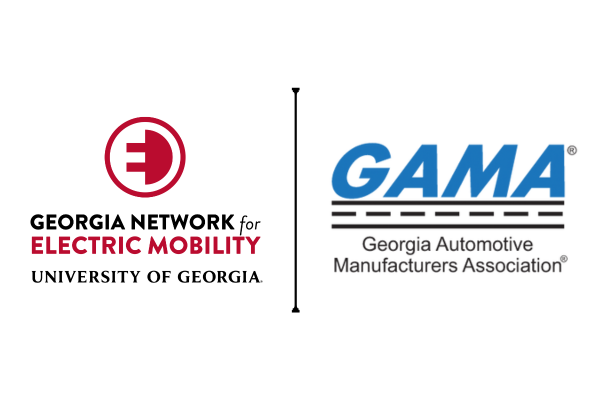Executive Summary
Electric mobility is rapidly reshaping the future of global transportation. Electric vehicle (EV) sales are expected to grow from 20% today to 50-65% of global automotive sales by 2030 [1]. This rapid shift in adoption has left the global automotive industry at a critical juncture, spearheaded by new global automotive leaders and a new paradigm for global automotive companies.
U.S. domestic manufacturers—Ford, GM, and Stellantis—once longstanding global leaders, have been eclipsed by Japanese, European, and South Korean companies. Chinese EV manufacturers, most notably BYD, are close behind and rapidly gaining global market share. Even as Ford, GM, and Stellantis have expanded into EVs globally, these legacy manufacturers, largely based in Michigan, have struggled to remain profitable in the face of fierce global and domestic competition. In fact, automotive industry jobs in the state of Michigan have decreased by 38%, a loss of over 145,000 jobs in the past two decades [2].
Simultaneously, Georgia has emerged as a burgeoning hub for EV innovation and manufacturing, attracting new domestic players like Rivian; global giants like SK Battery, Hyundai, and Kia; startups like Envirospark and Archer Aviation; and innovative legacy manufacturers like Blue Bird Corporation. While agriculture and agribusiness remain Georgia’s largest industries by economic impact, the state has strategically leveraged its business-friendly policies and complementary sectors, such as auto wholesaling and advanced manufacturing, to establish itself as a formidable contender in a new industry—electric mobility.
Georgia leads the nation in EV battery and vehicle manufacturing investments, totaling over $31 billion and creating over 38,000 jobs since 2015 — outpacing even Michigan by over $10 billion in investments over the same decade.
Georgia’s proactive efforts to attract economic development at the bleeding edge of innovation and position itself as a potential future epicenter of the U.S. automotive industry are truly commendable. However, the state is not immune to the global threats and competitive pressures facing the broader U.S. domestic automotive market. To continue on this breakout path of new industry momentum, Georgia must strategically expand its electric mobility innovation and manufacturing ecosystem while addressing gaps in research and development, infrastructure, workforce development, and the supply chain.



